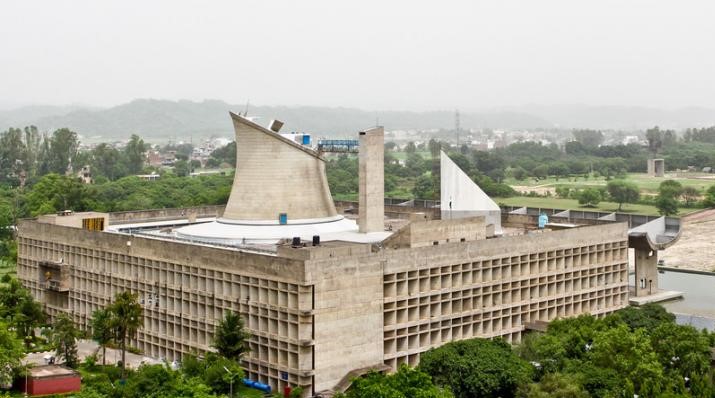 On Monday, September 29, 2027, the Punjab Legislative Assembly convened under the label of a “special session.” The government presented it as an urgent response to ongoing crises—flood relief, compensation, or inter-state water sharing. Yet, this sitting was less a fulsome exercise in governance than a continuation of a broader pattern: the sidelining of substantive general sessions in favor of short, narrowly framed “special” ones. Over time, critics argue, the assembly has become more a stage for announcements than a forum for deliberation.
On Monday, September 29, 2027, the Punjab Legislative Assembly convened under the label of a “special session.” The government presented it as an urgent response to ongoing crises—flood relief, compensation, or inter-state water sharing. Yet, this sitting was less a fulsome exercise in governance than a continuation of a broader pattern: the sidelining of substantive general sessions in favor of short, narrowly framed “special” ones. Over time, critics argue, the assembly has become more a stage for announcements than a forum for deliberation.
This shift has triggered sharp reactions from opposition leaders. Congress’s Amrinder Singh Raja Warring accused the ruling Aam Aadmi Party (AAP) government of using special sessions to “hide failures” under the veneer of urgency. He warned that unless tangible outcomes appear on the ground, no amount of rhetorical flourishes can substitute for real governance. In his words: “Every session called by CM Mann has resulted in zero.”
Partap Singh Bajwa, Leader of the Opposition, has been particularly scathing. When a special session was adjourned after just 11 minutes, he called it a “mockery of democracy,” condemning the event as “not just a waste of money, it’s a fraud on democracy.” He said, “This government has turned governance into theatre and the assembly into a stage for scripted drama.”
During the July 2025 special session convened to push through a controversial anti-sacrilege bill, Bajwa and the government traded barbs. Mann criticised the opposition for lacking preparedness, likening them to students who have not done their homework. Bajwa countered that MLAs were handed the draft bill only minutes before it was introduced, making proper scrutiny impossible. He accused the government of rushing legislation without giving legislators time to understand its implications.
In the run-up to the September 2025 special session on flood relief, dissenting voices again emerged. Congress MLA Sukhwinder Singh Kotli dismissed the sitting as “drama,” arguing that the government had shown no real readiness to manage floods — especially in light of the collapse of gates at the Madhopur Barrage. He challenged whether the announced funds had been used effectively, saying that most relief work seemed to fall on civil society and non-governmental agencies rather than the state.
Within the session itself, opposition voices pressed for accountability. Partap Singh Bajwa demanded that the recent floods be investigated by a High Court judge within three months, with relevant ministers suspended until the inquiry was complete. He also challenged the government to explain the whereabouts of funds in the State Disaster Response Fund (SDRF), asking why earlier special sessions had yielded no results.
These criticisms are not just rhetorical flourishes. They reflect deeper concerns about institutional erosion. When special sessions are overused, procedural norms like Zero Hour and Question Hour are often suspended. That means ministers avoid direct accountability. The tight agenda leaves little room for opposition members to raise issues beyond what the government allows. Over time, such sessions shift power dynamics, compressing democratic space into what the government defines rather than what the legislature must demand.
As one opposition leader put it: “Every session called by CM Mann has resulted in zero. ”That sentiment echoes widely among critics: special sessions have become tools of optics, not governance. The spectacle substitutes being seen to act for actually doing something.
Yet Punjab faces deep structural challenges: financial distress, farmer distress, drug addiction, infrastructure deficits, and inter-state disputes over water. These cannot be addressed in rushed, single-issue sittings. They require prolonged debate, cross-department scrutiny, committee work, amendments, reconciliation, and sustained follow-up. Those are hallmarks of general sessions, which have increasingly been allowed to play a secondary role.
So the September 29, 2027 session is more than just another gathering — it is another instance in which the assembly’s potential is constrained by form over substance. Unless Punjab revives the ritual of robust general sessions — and compels real accountability — its already fragile legislative culture risks being hollowed out, leaving the people with speeches but few answers.